Politicized Winter Olympics end in S Korea
The Winter Olympics have concluded in South Korea’s Pyeongchang amid highly politicized efforts to create a rapprochement between North Korea and its foes and also a controversial ban on Russian athletes which many viewed as not completely sports-related.
The “Peace Games”, as dubbed by Seoul, ended Sunday with dignitaries in attendance, including South Korea President Moon Jae-in, US President Donald Trump's daughter Ivanka and North Korean delegation leader and former intelligence chief Kim Yong Chol.
Inspired by Moon’s policy of reducing tensions with the North, South Korea used the games as a major opportunity to open the doors for dialogue. The games in fact came amid some unprecedented escalation of hostilities between the North on the one side and the United States and allies in Asia on the other. There was even a risk of an all-out nuclear confrontation in the region late last year when Pyongyang carried out a series of massive nuclear and missile tests.
The International Olympic Committee (IOC) agreed to allow into the games athletes from North Korea who had failed to qualify through normal stages. The South also convened a series of high-profile meetings between officials from the two countries concurrent with the games.

IOC President Thomas Bach said at the closing ceremony that the winter games proved to be a success in its political, peace-making agenda.
“You have shown how sport brings people together in our fragile world; you have shown how sport builds bridges,” Bach called on the athletes, adding, “The IOC will continue this Olympic dialogue, even after we extinguish the Olympic flame. In this, we are driven by our faith in the future.”
Moon’s office also said Sunday that members of the North Korean delegation had expressed the readiness of the North for engaging in talks with the United States. There was no comment on the statement from both Washington and Pyongyang.

The Korea conflict was not the only political issue that affected the games in Pyeongchang. A general ban on the presence of an official team from Russia over the country’s doping records, which many said was also influenced by politics, also dominated the games.
The IOC decided to keep the ban on the presence of the Russian flag in the closing ceremony despite a Sunday victory of the Olympic Athletes from Russia in the men's ice hockey final. Members of the Russian team ignored IOC bans and recited their national anthem after defeating Germany in the match.
April 24: ‘Axis of Resistance’ operations against Israeli occupation
Tabas sand defeats US military
'US secretly sent long-range ATACMS missiles to Ukraine in recent weeks'
Iran: Awakened world public opinion determined to stop Israel war crimes
US House speaker wants National Guard to quell pro-Palestine student protests
Iran, Russia sign MoU to strengthen security cooperation
VIDEO | Iran marks defeat of US military operation in Tabas Desert
VIDEO | Press TV's news headlines


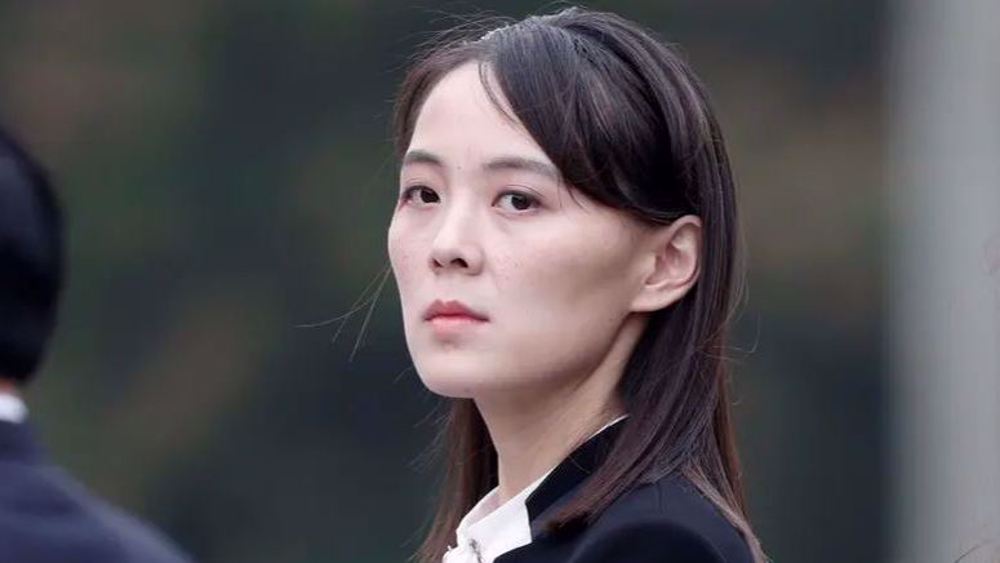
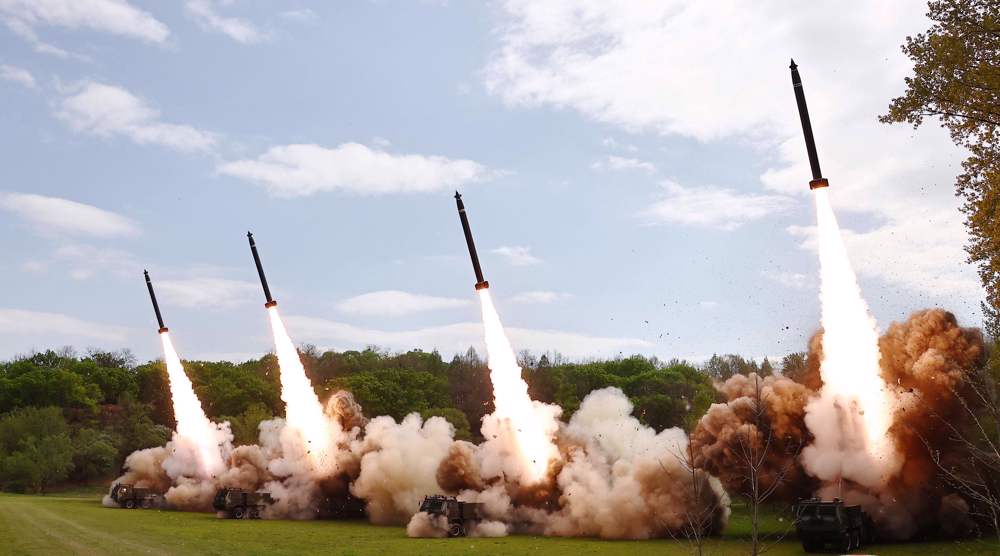
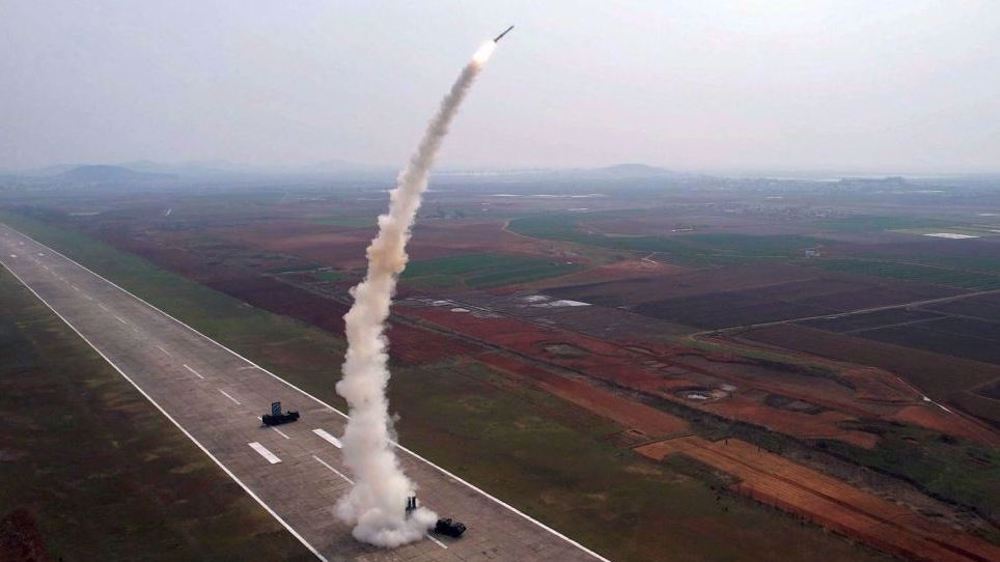



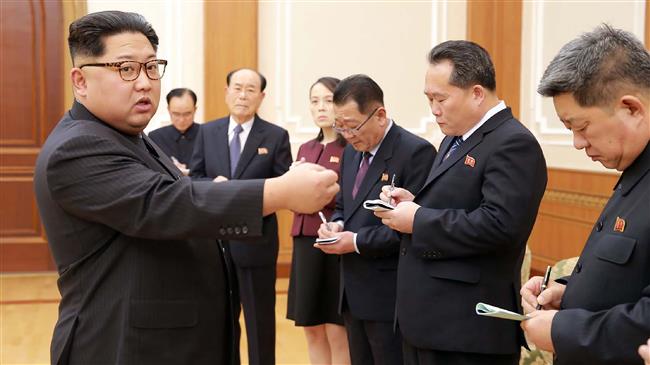
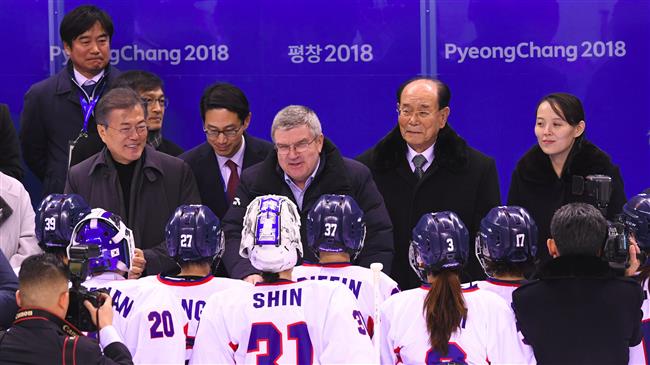
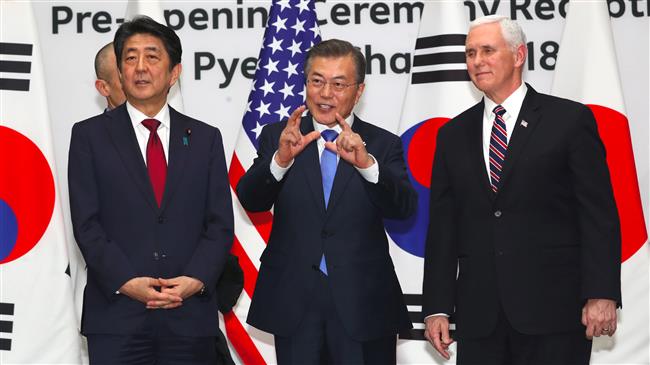

 This makes it easy to access the Press TV website
This makes it easy to access the Press TV website